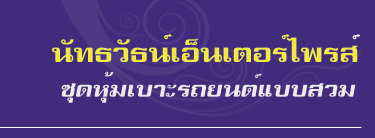
ชุดหุ้มเบาะรถยนต์แบบสวม เชียงใหม่ รับทำเบาะรถยนต์แบบสวม ในเชียงใหม่ และทั่วประเทศ |
 |
 |
 |
 |
 |
 |
| ||||||||||||||||||||||||||||||||||||||||||||||||||||||||||||||||||||||||||||||||||||||||||||||||||||||||||||||||||||||||||||||||||||||||||||||||||||
|
||||||||||||||||
: : จัดทำเว็บไซต์ โดย cms-4u.com l ออกแบบเว็บไซต์ เชียงใหม่ l ทำ SEO เว็บไซต์ l รถตู้เช่า l ร้านประดับยนต์ เชียงใหม่ l นักสืบ l Digital Cameras l
|
||||||||||||||||